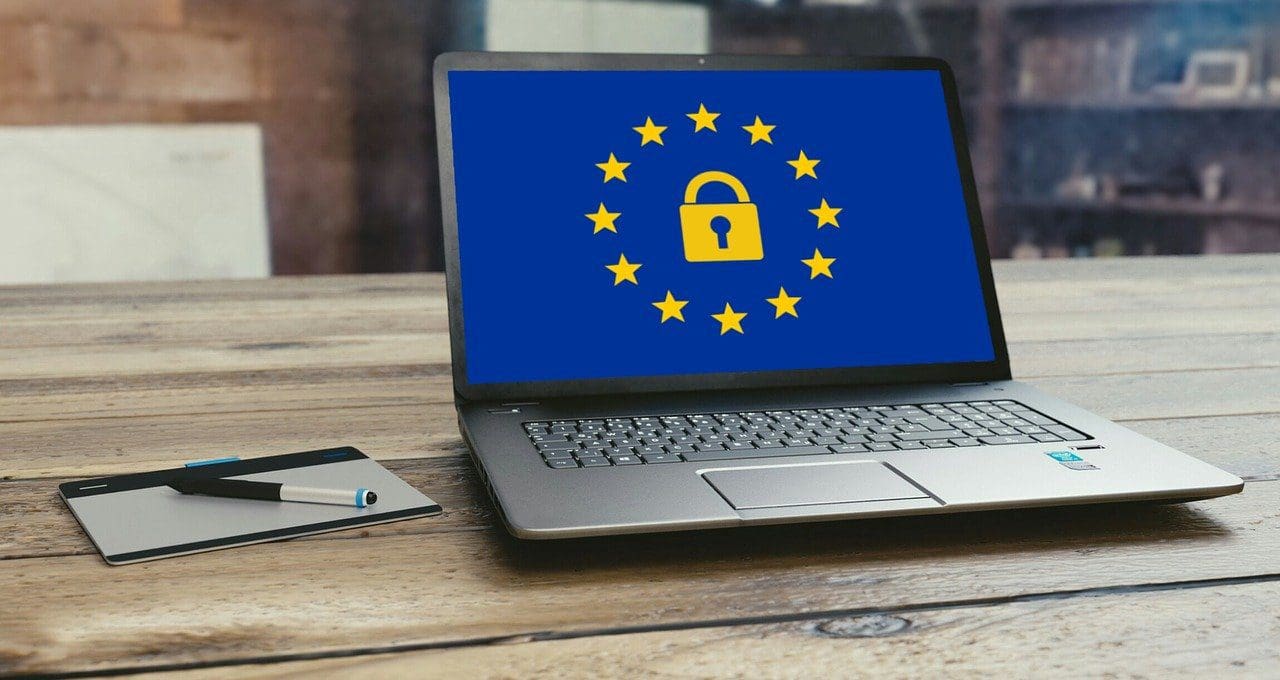Post photo: Computer & Tablet | © Pixabay
Given the circumstances and because some politicians are already dreaming of a “European Internet”, I, as a freedom-loving person, am beginning to worry.
The Internet was conceived, planned and implemented as a global network of computer networks and other accesses. It enables the use of, for example, "e-mail" or the "World Wide Web", our well-known and used "websites". Net neutrality, i.e. the transmission of data regardless of its location, content, sender or recipient, was the crux of the matter.
And as long as it served to transport information to China, Cuba or other corners of the world, beyond any doubt.
Slowly but surely, one had to realize, and this probably came as a surprise to many, that this freedom always entails obligations, personal initiative and quite a few disadvantages, because the Internet is not only used by the nice people among us.
This is probably why “backups” became popular and data encryption became more and more necessary.
Ultimately, more and more states around the world felt the need to ensure the “security” of their citizens on the Internet, and as life goes, regardless of whether the individual citizens approve of this or not.
I do not deny that it is necessary to punish criminal offenses on the Internet, but I would like to point out that in our world and thus also on the Internet there are different ideas and interpretations about what is meant by a criminal offense or how it is done have to deal with such.
It would have been a very charming consequence of the Internet if the United Nations had come closer and closer in this regard.
This is how our current General Data Protection Regulation (GDPR), which also sees itself as responsible for the worldwide Internet, came about in Europe.
As long as these regulations serve the well-being of the individual citizen and make his life easier overall, one can hardly contradict them.
However, if they increasingly serve to secure market advantages for individual companies or even to establish monopolies, then the whole thing looks different.
And if data protection is then subordinated to the economic interests of companies, the whole thing takes a hit!
It becomes more than critical, however, when the supposed data protection is only intended to give predetermined companies and “regulating states” control over us citizens.
I don't hope that the Internet will soon be made available to us solely on the basis of political whim, individual companies' economic profit or how much freedom we can buy for ourselves.
"It must be obvious, from the start, that there is a contradiction in wanting to be perfectly secure in a universe whose very nature is momentarity and fluidity."
Alan Watts, The Wisdom of Insecurity: A Message for an Age of Anxiety (2011 [1951]: 77)







